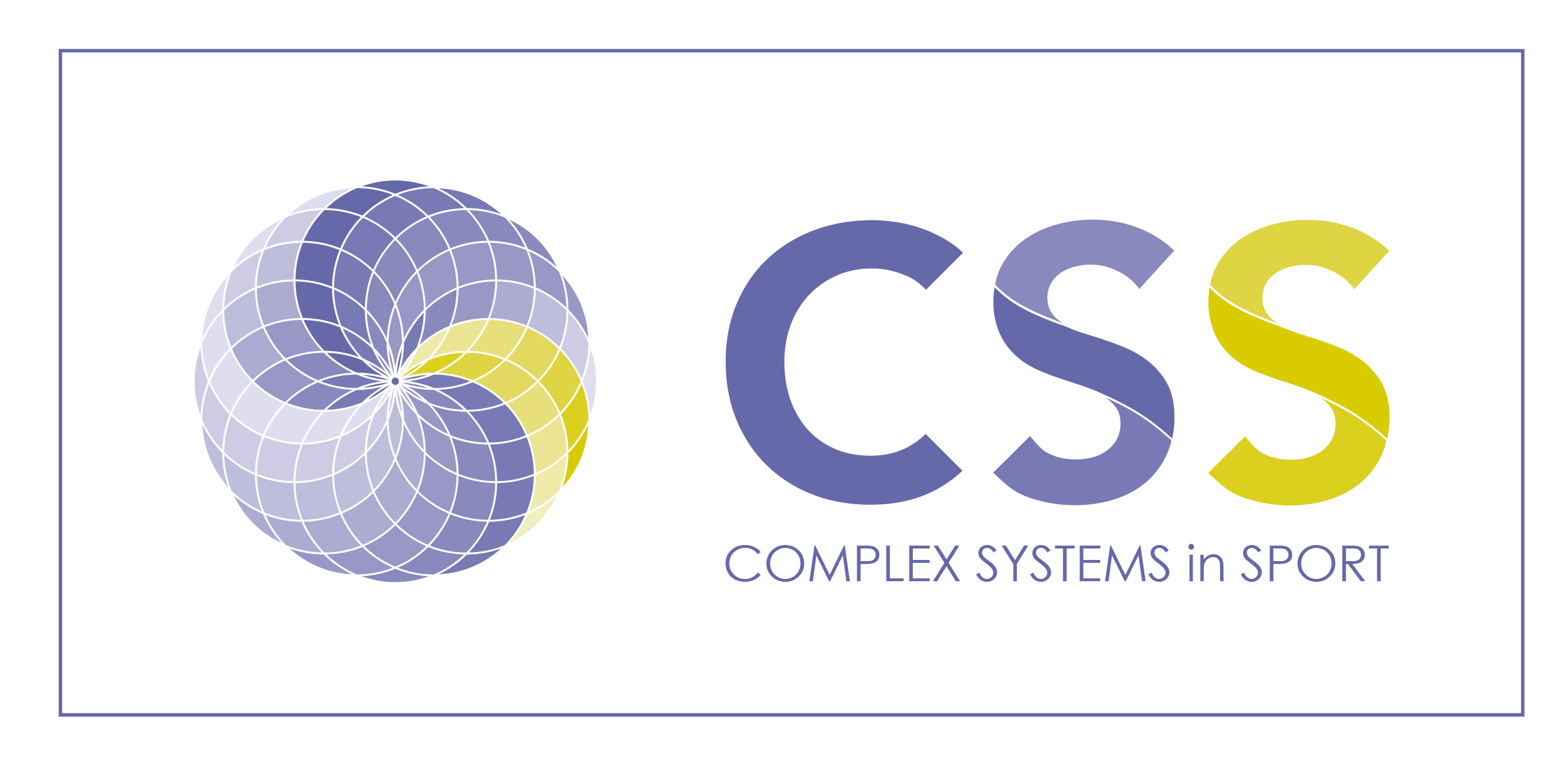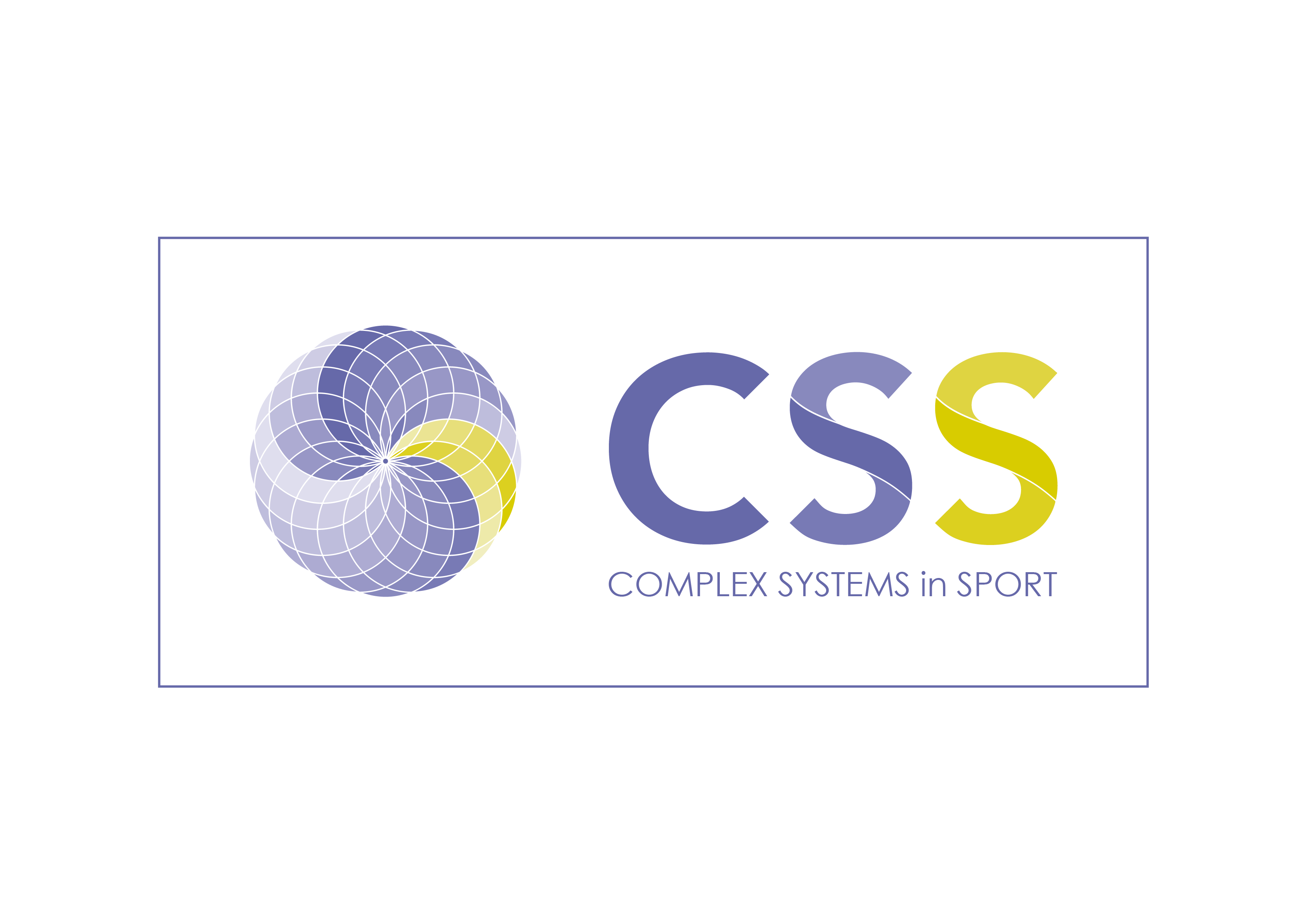Sport Sciences Conference in Lisbon, 25-27th june 2020
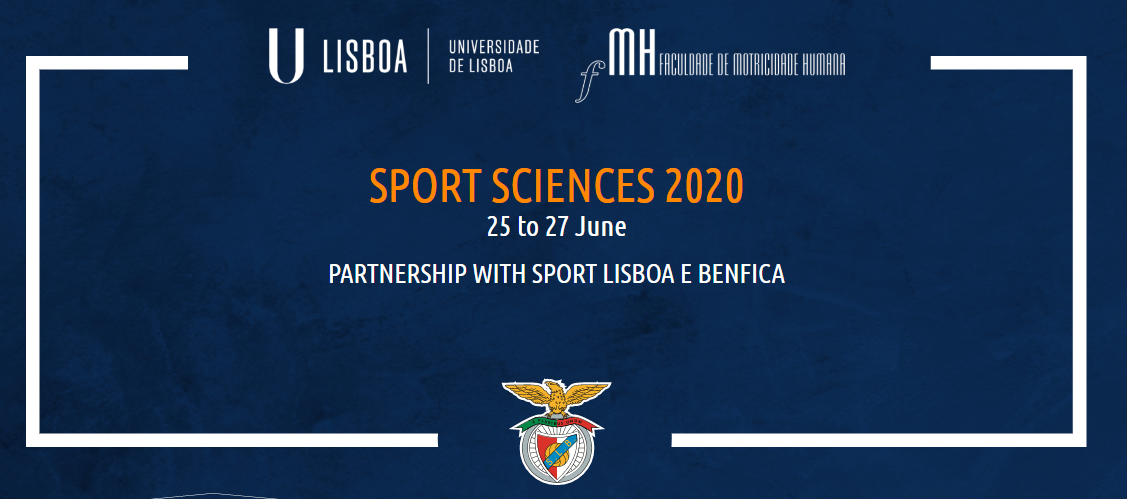
Sport sciences are an intense domain of scientific activity gathering disciplinary approaches from physiologSport sciences are an intense domain of scientific activity gathering disciplinary approaches from physiology, biomechanics, psychology, pedagogy or sociology, with interdisciplinary approaches focused on practice contexts such as training and competition, exercise/physical activity for disease prevention and treatment, and physical education.
Consequently, the present Congress aims to join researchers and practitioners who perform their activity in Portugal, Spain, or in any Portuguese speaking country. It also aims to present and discuss international trends in sport sciences research, as the invited keynote speakers will show.y, biomechanics, psychology, pedagogy or sociology, with interdisciplinary approaches focused on practice contexts such as training and competition, exercise/physical activity for disease prevention and treatment, and physical education.
You can register and submit your abstract in here: http://formesp.fmh.ulisboa.pt/conferencia-de-ciencias-do-desporto/en/abstract-submission
SPEAKSERS. yoy
You can
SPEAKERS
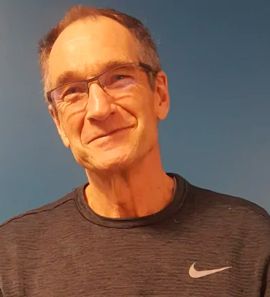
Walter Herzog
Professor Walter Herzog research focuses on the neuro-biomechanics of the musculoskeletal system, more specifically on the mechanisms of muscle contraction with emphasis on the role of the structural protein TITIN, and on joint biomechanics, especially on the mechanisms of onset and progression of osteoarthritis. His specialty is in the area of growth, healing and adaptation of soft tissues (ligaments, tendons, muscles and cartilage) and hard tissues (bones). Within this area, HE develops experimental and theoretical work at THE molecular/cellular level, in vitro, in situ and in vivo.
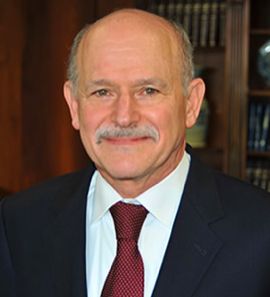
Steven Heymsfield
Professor Steven Heymsfield research focuses primarily on the area of human obesity and its co-morbidities, weight management treatments, and the development of mathematical models for energy balance regulation. He pioneered the development of methods to assess body composition and the application of new technologies, such as 3D optical imaging, fMRI and PET, to study human metabolism.
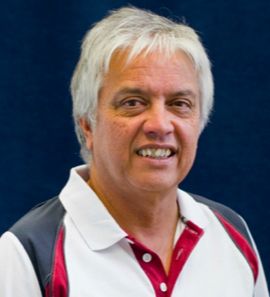
Keith Davids
Keith Davids is a professor of motor learning at Sheffield Hallam University/Sport and Human Performance research group, where he leads the study of motor skills, expertise and talent development. His research program, theoretically supported on ecological dynamics, investigates the effect of constraints on coordination tendencies in athletes and sports teams classified as nonlinear dynamic systems. The ideas of ecological psychology and nonlinear dynamics have been applied in practical settings in sport in the form of a nonlinear pedagogy.
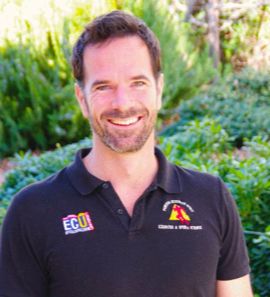
Anthony Blazevitch
Anthony Blazevich is a Professor in biomechanics at the School of Medical and Health Sciences, and Director of the Centre for Exercise and Sports Science Research (CESSR). He teaches in the areas of biomechanics, neurophysiology and other curricular units, as well as leading research projects in areas such as sports biomechanics, neurophysiology and physical conditioning.
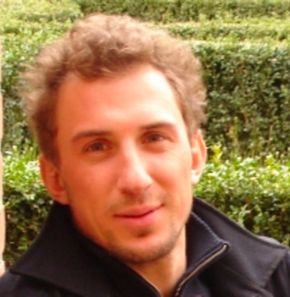
Ludovic Seifert
Professor Ludovic Seifert research focuses on the acquisition of complex skills, dealing with the dynamics of motor learning, following an approach of an ecological dynamics framework. It is particularly interested in analyzing the emergence, stability and variability of inter-limb coordination in sport situations, under the effects of constraint interactions, from a perspective applied to performance optimization, motor learning and pedagogy.
